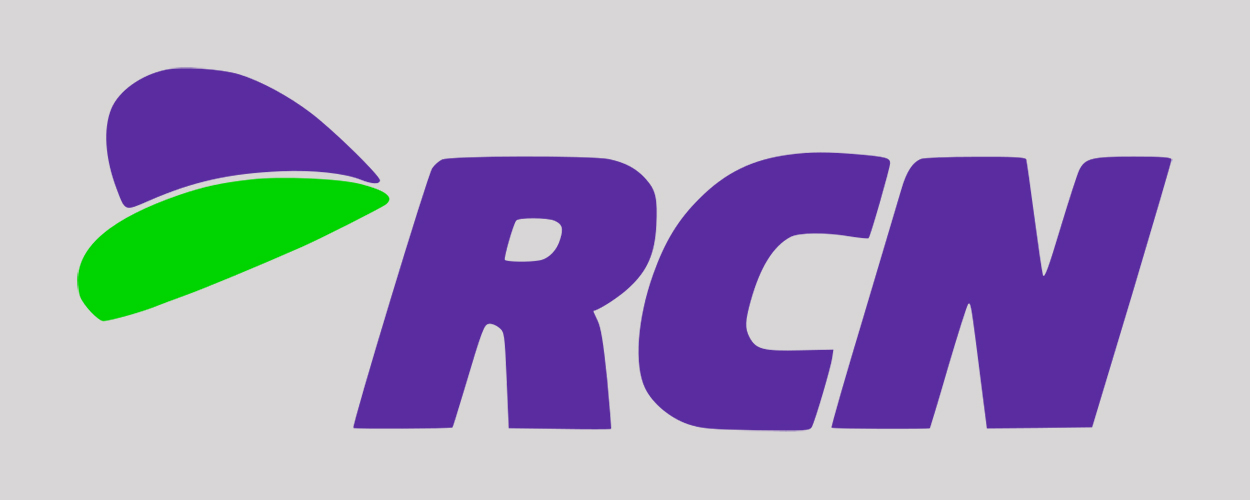This website uses cookies so that we can provide you with the best user experience possible. Cookie information is stored in your browser and performs functions such as recognising you when you return to our website and helping our team to understand which sections of the website you find most interesting and useful.
Business News Digital Labels & Publishers Legal
Court dismisses net firm motion that called record industry’s copyright takedowns “unfair and fraudulent”
By Chris Cooke | Published on Friday 2 July 2021

A US judge has dismissed a counterclaim filed by one of the American internet service providers being sued by the record industry. Said judge ruled that net firm RCN hadn’t demonstrated that the flood of copyright complaints it was sent by the major record labels caused it economic injury.
RCN is one of a number of American ISPs that have been sued by the record industry over the copyright infringement of their users. The labels argue that because the internet companies have deliberately shoddy systems for dealing with infringement and repeat infringers on their networks, they shouldn’t enjoy protection under the copyright safe harbour, meaning they can be held liable when their customers infringe copyright.
Charter Communications, Bright House Networks and RCN’s sister company Grande Communications have all also been targeted with litigation in the wake of BMG – and then the majors – successfully suing Cox Communications on this issue.
All the targeted ISPs have at some point criticised the way the record labels and their anti-piracy agents submit copyright takedown notices to internet companies, generally arguing that the record industry takes a slack approach meaning those notices cannot be trusted and are therefore not solid proof that any one customer has been infringing copyright.
More recently, the ISPs facing litigation from the record industry have often formalised those grievances via counterclaims, accusing the labels and their agents of either not complying with the takedown notice requirements contained in America’s Digital Millennium Copyright Act, and/or of breaking other related rules.
Last October, RCN filed a counterclaim accusing the majors and the anti-piracy firm Rightscorp of “unfair and fraudulent” practices – and of breaching the California Business & Professions Code – by flooding them with so many copyright notices that it creates “an environment in which ISPs, including RCN, have no choice but to indiscriminately terminate the internet access of every customer accused of copyright infringement, or face the wrath of the record labels and the Recording Industry Association Of America”.
In its legal filing, RCN added: “The record labels and the RIAA are relying on Rightscorp’s copyright infringement allegations not because they are true, but because the nature and volume of the accusations allow [the labels] to use them for the improper purpose of gaining leverage over ISPs. The unspoken threat is RCN’s reality: accept the new copyright regime or face the cost and burden of defending against a protracted secondary copyright infringement lawsuit seeking vast sums of damages”.
It also criticised Rightscorp for not sharing or even storing the evidence of infringement for each copyright notice it issues on behalf of the labels.
The ISP’s lawsuit continued: “[The labels’] intentional destruction of evidence that supports or contradicts millions of conclusory and unsupported accusations of copyright infringement against users of RCN’s network, and their scheme to wield that evidence against RCN and others solely for monetary gain, significantly harms competition, is immoral, unethical, oppressive, unscrupulous, and substantially injurious to consumers and competition. These business practices are in violation of the California Business & Professions Code”.
However, the judge overseeing the case has now ruled that RCN failed to prove in its counterclaim that the flood of copyright complaints from Rightscorp and the labels actually caused it “cognizable economic injury” under California’s Unfair Competition Law. Yes, it incurs the cost of running a system to deal with the copyright notices issued under the DMCA, but that isn’t directly caused by the record industry’s submissions.
According to Law360, the judge wrote: “At no point does RCN allege that it created its DMCA system specifically because of Rightscorp’s infringement notifications or that Rightscorp’s infringement notifications imposed any additional costs on RCN. These costs cannot therefore be fairly attributable to either Rightscorp or plaintiffs”.
The labels had dubbed RCN’s counterclaim “legally baseless”, arguing that it was just a distraction tactic designed to “deflect attention from RCN’s manifest liability” for copyright infringement. So, needless to say, they will welcome this week’s ruling. Although RCN has been given until 20 Jul to file an amended counterclaim if it wants to.





